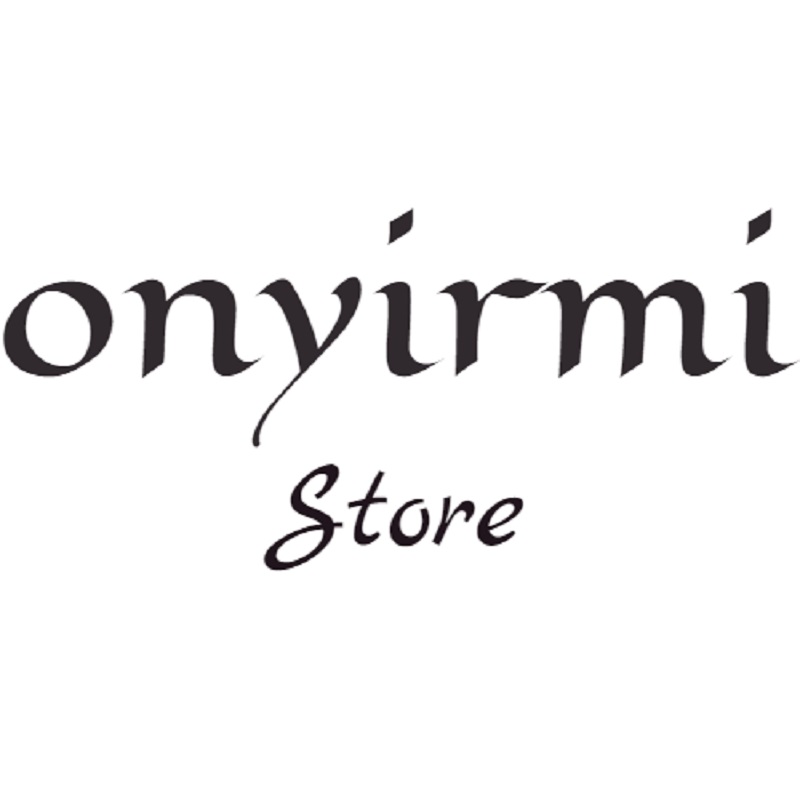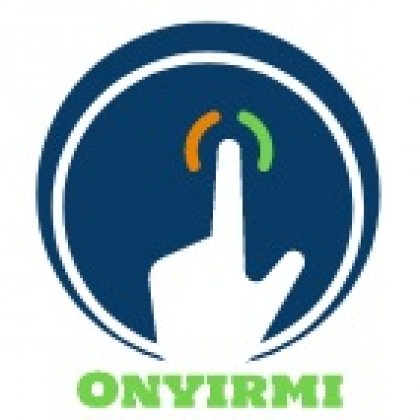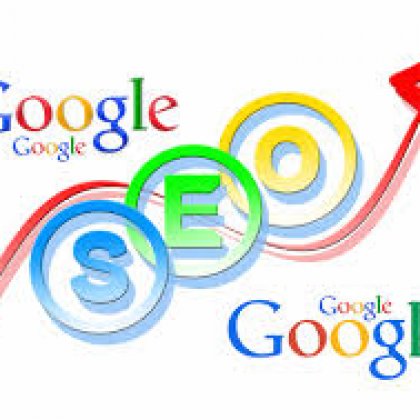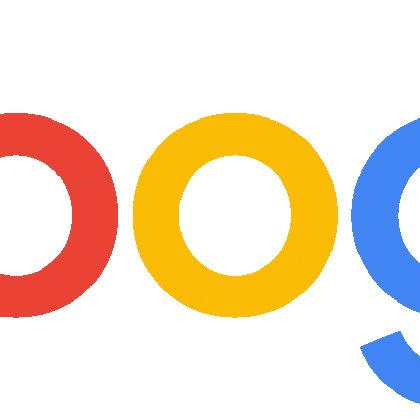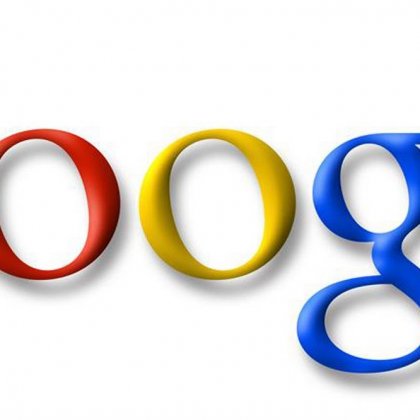The Most horrendously awful Search engine optimization guidance I heard for this present year (and what you ought to do all things considered)

The Most horrendously awful Search engine optimization guidance I heard for this present year (and what you ought to do all things considered)
Website design enhancement resembles frozen yogurt; there are loads of flavors, yet some (like Dark Poupon) ought to be kept away from. It's something very similar with select Web optimization exhortation.
Casey Markee on August 17, 2022 at 8:00 am | Understanding time: 7 minutes
The most well-known grievance I get from review clients and bloggers is the powerlessness to "know which Website design enhancement counsel to follow."
Dissimilar to web search tools which can rank, re-rank, or punish data or practices that are dishonest or corrupt in nature, the equivalent can't be accomplished by the normal blogger filtering out various courses, masters or digital broadcasts.
Tragically, 2022 has taken things to an unheard of level.
How much messages and texts I got from bloggers inquiring, "Is this valid?" or "I was let to do have any idea about this, what is your take?" can't be evaluated other than to say, "It was a ton."
Executing a right and capable Web optimization procedure has never been seriously difficult, particularly considering the blast of new sites sent off during the pandemic.
Accordingly, understanding what counsel is advantageous and which is finished and absolute trash has never been more significant.
Keeping that in mind, I present a portion of the most obviously terrible bits of Website optimization guidance I was gotten some information about in 2022, with the expectation that the responses will assist you with choosing what not to do.
Most terrible Search engine optimization exhortation #1: "I ought to never eliminate content from my site."
The advantages of eliminating old substance from a current site have been known and polished for a really long time.
Consider your site a nursery. All the substance creating traffic, connections, and customary social signs are your blossoms. All that isn't? Those are your weeds. Very much like in a genuine nursery, you can kill your blossoms on the off chance that you don't pull those weeds.
Leaving lapsed, bad quality or dainty substance on your site can bring about a heap of terrible Website optimization results, including:
Weakening your general slither spending plan.
Lessening generally speaking site authority.
Making page and catchphrase cannibalization issues.
Decreasing on-page UX and time-nearby measurements.
Bringing down sitewide income per thousand impressions (RPM) for promotion pay.
It's likewise been indisputable by Google's John Mueller that inferior quality substance on one piece of a site can adversely influence the pursuit rankings of the whole site.
Main concern
In the event that you can refresh and work on existing substance, do that!
However, on the off chance that not, erase it, and continue on. Think quality with your site content, not amount.
Most exceedingly terrible Search engine optimization counsel #2: "All I want is to compose longer happy to rank higher."
It has been expressed more than once that word count is definitely not a positioning element with Google. But, everyday, I run into clients who have been coordinated to compose a more extended asset as their primary technique to "recover" a lost positioning or work on existing perceivability.
At the point when gotten some information about word count, Mueller said, "just indiscriminately adding content to a page could make it (rank) worse."
What helps an asset is adding content that is valuable to the crowd.
For instance, no one needs to peruse a 2,000 or more word composition on artichoke hearts. Thusly, understanding what your crowd is looking for and what is thought of "helpful" can in any case be confounding to the typical site proprietor.
Primary concern
A substance update or rework must have an unmistakable reason and a comprehension of why your page isn't positioning in any case.
Is there a plan crisscross with your inquiry?
Does the page have specialized lacks?
Is it true or not that you are contending with a lot greater destinations?
These are only a couple of inquiries to respond to prior to choosing "just to compose a more extended asset" for positioning thought.
Get the day to day bulletin search advertisers depend on.
Enter your business email here.
See terms.
Most terrible Website optimization counsel #3: "I ought to remember my center watchword for each page heading."
During "bygone times" of Website optimization, it was extremely considered normal to streamline a page around a center catchphrase by remembering the center watchword for the title, the meta portrayal, the URL, and each heading on the page.
For instance, only a couple of years prior, a normal recipe present taking a stab at rank for "banana cream pie" may have seemed to be this:
<H1> Best Banana Cream Pie
<H2> Why this Banana Cream Pie is Awesome
<H2> Banana Cream Fixings
<H2> Bit by bit to Make Banana Cream Pie
<H2> Banana Cream Pie Questions and Replies
<H2> Related Banana Cream Pie Recipes
<H2> Banana Cream Pie (recipe card)
Tragically, following Google refreshes from November 2019, and later reported Center Updates in January and May 2020, an unmistakable example arose by which bloggers who had been over-upgrading their headings (among different issues) experienced crushed positioning and traffic drops.
The example was unimaginably simple to find in reviews and online Facebook gatherings and was before long upheld by a Food Blogger Concentrate by Website optimization firm Formal Hat Rank distributed in February of 2020.
In the review, food sites saw a 60% drop in direct Google web search tool traffic to recipes and posts that had participated in heading watchword over-improvement.
Luckily, bloggers who revisited their website and began de-enhancing their headings wound up with recuperations by the May 2020 Center Update, or a lot later, when Google did their next reported update in December.
Primary concern
Any proposal to stuff your headings with catchphrases isn't just obsolete exhortation yet perhaps hazardous for the typical site in the ongoing algorithmic environment.
Referring to your catchphrase normally in the H1 and a couple other H2s appears all good. More than that, it will look nasty and ought to be kept away from!
Most terrible Website optimization counsel #4: "Alt text ought to be utilized for Web optimization catchphrases."
Alt text, or elective text, is quite possibly of the most significant and misconstrued subject in all of Website design enhancement and openness. Having great and right alt message for pictures isn't a straightforward Web optimization best practice, yet fundamental for individuals with visual incapacities visit the webpage.
Alt text exists above all else to portray the picture to somebody who can't see it. The emphasis is on those getting to the site with screen perusers who can't see the picture and, thusly, should have the pictures perused out to them for unmistakable purposes.
Nothing disturbs outwardly disabled clients more than visiting a site and seeing each picture read out as "catchphrase - watchword - catchphrase."
But, even today, with as much writing that exists on the right utilization of alt text, this actually happens more than it ought to!
Main concern
Ditch the catchphrases and depict what is in the photograph to somebody who can't see it.
Try not to express "picture of" or "photograph of" in your alt text. Be short however illustrative.
At long last, add a "period" toward the end as a brief for screen perusers to know the alt text has finished.
Most exceedingly terrible Web optimization guidance #5: "Semrush says that I have poisonous connections and I should present a repudiate record."
Albeit the Semrush set-up of devices is, overall, a quality venture for clients and SEOs the same, this is all there is to it greatest disadvantage. In its recognizable proof of poisonous connections, the device comes up short!
I still can't seem to run a creep for a client with Semrush and have the device not let out an enormous "Risk, Will Robinson! Risk!" cautioning while surveying a connection profile.
Semrush distinguishes irregular connections as poisonous and afterward suggests that the client present a repudiate record. The issue with this proposal is it's pointless and totally inconsistent.
Google is extremely evident that:
The typical site proprietor ought to never stress over harmful connections.
Erratic harmfulness judgments by instruments are not precise.
Everything really revolves around selling the instruments, concurring Google's John Mueller .
Truth be told, Google doesn't have an idea of poisonous spaces, and indiscriminately following a device that says "in any case" ought to constantly be kept away from.
Primary concern
Except if you have a manual activity, or you realize you worked in terrible connections yourself, a deny document is a finished exercise in futility for the typical site proprietor.
Disregard the devices and continue on toward something different that will really assist with moving your site.
Last considerations
You've heard that Search engine optimization is a long distance race, not a run. Similarly as with any long distance race, everything revolves around preparing and readiness.
Try not to crash your Website optimization long distance race by surrendering to misinformation heated into a course, a digital broadcast or a master attempting to sell you their most recent device.
All things being equal, utilize a little presence of mind and stand up against counsel that "may" appear to be problematic when given. The site you save might be your own. Best of luck out there!
 English
English
 Türkçe
Türkçe  Deutsch
Deutsch 